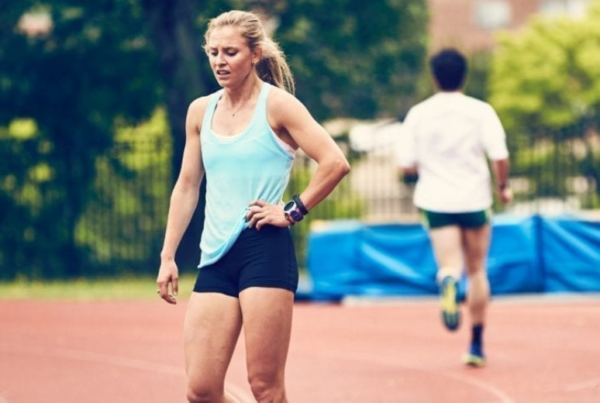Gut health is getting a lot of attention these days and for good reason. Probiotics are beneficial bacteria that inhabit your gut and support healthful life functions such as food digestion, the absorption of nutrients and healthier skin.
There are roughly 10 times the amount of bacteria than cells in your body and an estimated 400 different types of bacteria in the intestinal tract alone. This concentration of bacteria in the gut is a large reason many health professionals believe in the gut-brain health connection and that a larger, more diverse and balanced microbiome equals a healthier body.
What throws this healthy balance off is poor lifestyle factors and bad diet choices which kill off the healthy bacteria and result in a sluggish body and potential poor health outcomes. Probiotics have been studied extensively in the digestive process, but also have been linked to just about every other health indicator including diabetes, immunity and weight. In fact it has been shown that obese individuals have a different gut biome than lean individuals and fecal transplants from lean animals can make obese animals lose weight.
There’s no denying probiotics play an important part in health, but there’s also no concrete evidence that supplementing with the little bugs helps at all. This is largely because each person has such an individual gut microbiome and finding the right strands of probiotics in the right amounts and active forms for your specific body is very difficult. Research has shown one strain of bacteria might help immunity in some, while another strand has no effect at all. This might indicate each strand has unique benefits or that there are only benefits from a strand the athlete needs. The best way to boost your biome is to eat a diet loaded in naturally probiotic-rich foods such as sauerkraut, kefir, tempeh, aged cheeses, miso and kimchi.
Consuming probiotics, even through natural food sources, isn’t enough to reap the full benefits. These bugs need to eat and it is your job to feed them with their nutrition of choice: prebiotics. Prebiotics are nondigestible food substances that enhance the effects of probiotics by helping them thrive and stay active. Foods such as bananas, chia seeds, wheat, onions, chicory and artichokes are all sources of prebiotics.
OK, so these gut bugs, whether supplemented or through whole-food intake, are good for health, but their impact on performance is much less clear.
- READ MORE: 10 Nutrients to Boost Mental Health and Cognition
Here are four areas probiotics could make the biggest impact on performance:
- Digestion: High-impact sports like running put stress on the gastric system, this combined with the intake of processed simple sugars put athletes at risk of suffering from gastric distress including bloating and irritation. Research is pretty convincing that probiotics assist with easing digestion, increasing nutrient absorption and improving gastric distress. In a trial of trained cyclists, symptoms of leaky gut were decreased after 14 weeks of multi-strain probiotic supplementation.
- Immunity: Athletes are at higher risk of upper respiratory infections than the general public as the immune system becomes depressed during heavy training. No athlete wants to get sick and have to sit out vital training sessions or possibly miss competitions. Several studies point to a link between increasing probiotics and reduced incidence of respiratory illness. One such report came from a study of 20 elite runners given lactobacillus fermentum supplements who cut the number of days symptoms of illness in half and the severity of symptoms experienced were lessened. A review of probiotics and performance concluded no significant results, except noting indications of improved immune response in fatigued athletes.
- Overtraining: This is an immune-related response athletes are at risk of experiencing when training stresses (physical and mental) build up without proper recovery and become more than the athlete can tolerate. One study found markers of depressed immunity in overly fatigued athletes can be reversed with probiotics.
- Weight: Athletes strive for a lean body to improve their power-to-weight ratio and range of motion and to meet weight-dependant sport requirements. Eating foods that are rich in pre- and probiotics will also help create a sensation of satiety while being nutrient rich and generally lower in calories.
There is very little research to support the notion that probiotics will directly lead to a personal record or spot on the podium. However, they are linked to improved general health, which is the foundation of being a good athlete. You can’t out run (or ride or train) a bad diet or poor health, so focusing on foods that improve overall gut health will likely, although indirectly, turn you into a better athlete. Hopefully future research leads to greater insights on the topic, but for now, athletes could benefit by consuming a diet of pre- and probiotic-rich foods and consider supplementing with a wide spectrum probiotic during the winter, when training is very high or when traveling abroad.









